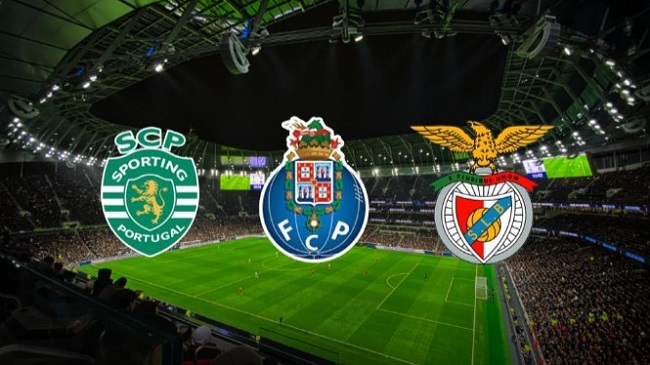When football fans across the world search for live matches today, Portugal’s “Big Three” — Benfica, FC Porto, and Sporting CP — are often among the most-watched. These clubs have built legacies that stretch far beyond national borders, drawing in millions of viewers with their fierce emulation, surgical brilliance and storied histories.
Each club represents a different side of Portuguese culture:
- Benfica – rooted in the capital, Lisbon, symbolising tradition and popular passion.
- Porto – proud and resilient, reflecting the spirit of the country’s industrial north.
- Sporting CP – innovative and youth-focused, known for producing world-class talents.
The rivalries that shape Portuguese football
The clashes between these giants, known either as O Clássico (Benfica v Porto) and the Lisbon Derby (Sporting v Benfica), go far beyond the pitch. They embody regional pride, political history, and cultural identity.
Each match becomes a national event. Streets empty, pubs fill and social media erupts with discussion and debate. The intensity of these rivalries fuels Portugal’s football narrative, attracting global audiences eager to witness one of Europe’s most passionate football cultures.

Why global fans follow Portuguese clubs
The international interest in Portuguese football has grown steadily over the last two decades. Several key factors explain this phenomenon:
- World-Class Talent Production – The Portuguese league has become a breeding ground for elite players who later shine in Europe’s top competitions.
- European Success – With notable Champions League performances on a regular basis, Porto, Benfica and Sporting remain fixtures on the continental stage.
- Global Broadcast Access – Streaming services now make it easy for fans to follow every kick and highlight, from Lisbon to Lagos.
The digital age: fans connected like never before
In today’s connected world, following Portuguese football doesn’t stop at watching the 90 minutes. Fans now rely on analytical platforms that offer match views, tactical breakdowns, and live match coverage today. These platforms not only keep audiences updated but also help them understand the deeper strategies and stories behind each game.
Economic and cultural impact
Portuguese clubs are more than sports institutions — they’re economic and cultural engines. Merchandise sales, tourism spikes during matchdays, and youth academy exports contribute significantly to the national economy. Stadium tours and museum visits attract thousands of international visitors every year.
Looking ahead: the next generation of Portuguese football
As the global football landscape evolves, Portugal’s giants continue to adapt. Clubs are investing heavily in youth development, data analytics, and fan engagement initiatives. This forward-thinking approach ensures that the nation’s football legacy remains strong for generations to come.
From local derbies to international triumphs, Portugal’s major clubs stand at the heart of global football culture. Millions around the world tune in not only to see goals and victories but to experience a piece of Portuguese identity.

